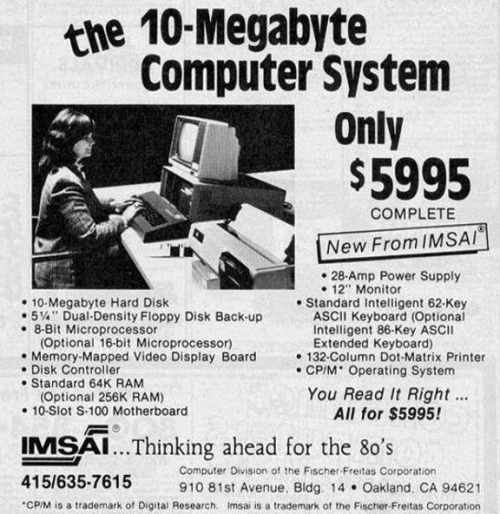Steve R.
Retired
- Local time
- Today, 10:52
- Joined
- Jul 5, 2006
- Messages
- 5,439
When personal computers first came out the operating system was located on a ROM chip that was on the motherboard. Made things a bit difficult to upgrade. Subsequently the operating system ended-up on the hard drive. Time to ditch placing the operating system on the hard drive?
Given the advances in technology why not go back to using an upgradeable ROM chip or have a USB port on the motherboard for the operating system itself?
Should make booting much faster.
However, this approach would present significant challenges concerning the vast number of user added programs, some of which are very closely intertwined with the operating system, such a MS Office and MS Explorer.
Implementing this approach would mean establishing a virtual "wall" between the add-on programs and the operating system. That would be a good thing, since add-on programs should not "modify" the operating system.
User added programs, under this approach, would still reside on the hard drive.
Your thoughts?
Given the advances in technology why not go back to using an upgradeable ROM chip or have a USB port on the motherboard for the operating system itself?
Should make booting much faster.
However, this approach would present significant challenges concerning the vast number of user added programs, some of which are very closely intertwined with the operating system, such a MS Office and MS Explorer.
Implementing this approach would mean establishing a virtual "wall" between the add-on programs and the operating system. That would be a good thing, since add-on programs should not "modify" the operating system.
User added programs, under this approach, would still reside on the hard drive.
Your thoughts?

